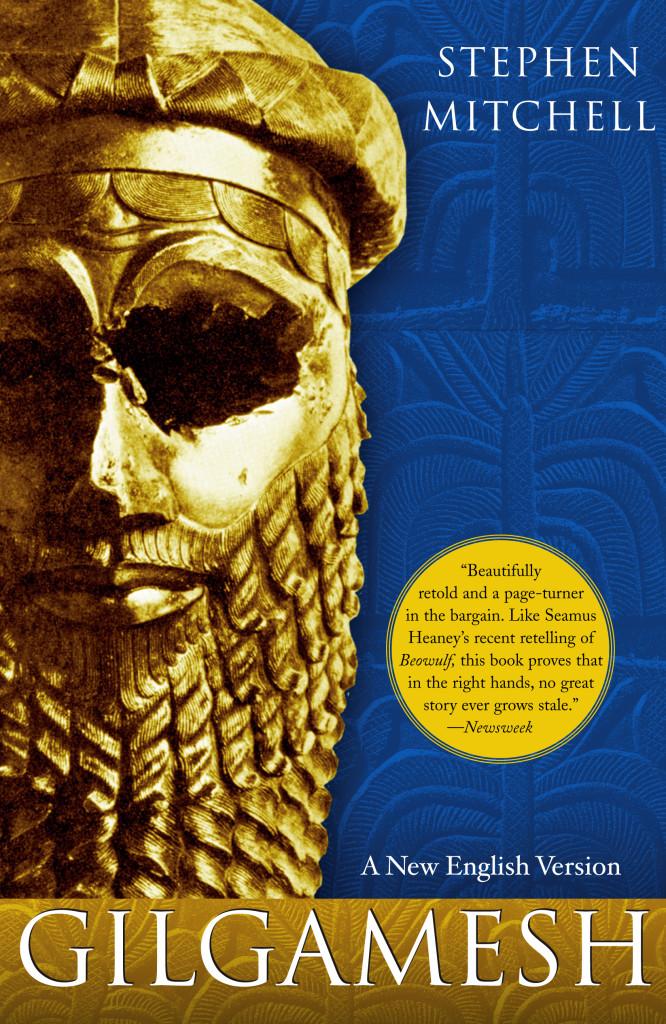It is a classic Urban School experience: freshman and sophomore year, each student must read certain books for English class. Ultimately not everyone will enjoy every one of these books. Yet some of the books open up worlds that students would never have found on their own.
Urban’s Library Leaders Web site lets people learn about and provide suggestions for good books based on previous course material and teacher recommendations. To find suggestions for books for all of Urban’s classes, click here.
Book suggestions:
If you liked “The Epic of Gilgamesh” (English 1A), you will enjoy “The Death of Iván Ilyich and other Stories,” by Leo Tolstoy
“The Epic of Gilgamesh” is the oldest story in the world. And the book contains themes that have entranced humans throughout the ages. One of these themes is the human relationship with death. This theme connects to “The Death of Iván Ilyich”, a masterfully written story about a dying man who is trying to make sense of his life and society as he slowly departs from reality.
Quote: “Death. Yes, death. And none of them know or wish to know it, and they have no pity for me…it’s all the same to them, but they will die too!” –“The Death of Ivan Ilyich”
Further Reading: “In the Skin of a Lion” by Michael Ondaatje, (McClelland and Stewart: 1987); “Metamorphoses” by Ovid (Mariner Books: 1995).
If you liked “The Great Gatsby” by F. Scott Fitzgerald (English 2A), you will enjoy “The Scarlet Letter” by Nathaniel Hawthorne
A stands for adultery. These two books look into romances surrounded by sin. They question when love is permissible. They also critique society and its aspirations. “The Scarlet Letter” vividly observes the results of love that is not condoned by society and the toll it takes on each participant and unwilling observer.
Quote: “On the breast of her gown, in fine red cloth, surrounded with an elaborate embroidery and fantastic flourishes of gold thread, appeared the letter A.” —The Scarlet Letter
Further Reading: “Great Expectations” by Charles Dickens (Penguin Classics: 2002); “Too Big to Fail” by Andrew Ross Sorkin (Viking Penguin 2009)
If you liked “The Oresteia” (English 2B) you will enjoy
“And Then There Were None” by Agatha Christie
As with “The Oresteia”, the bloody cycle of violence is renewed in one of Agatha Christie’s finest mystery novels. Ten un-convicted murderers are invited to an island for vacation: “’Ladies and Gentlemen! Silence, please!’ Everyone was startled. They looked round – at each other, at the walls. Who was speaking? The voice went on – a high clear voice. You are charged with the following indictments. The voice lists out a string of murders and closes with the phrase, ‘Prisoners at the bar, have you anything to say in your defense?’” Then the murders begin, bringing a type of justice to these un-convicted murderers – unless, of course, they can find their tormentor before he or she finds them.
In this book, Christie examines the nature of justice and who should be able to dispense justice, as in “The Orestia” where the characters take justice into their own hands.
Quote:
“The law of Zeus demands/A life for a life/All for all. But this law of Zeus/Is a kind of disease/Inherited through blood/See how it has crazed/Every member of this house” —“The Orestia”
Further Reading: “The Things They Carried” by Tim O’Brien (Houghton Mifflin: 1990), “I am the Messenger” by Marcus Zusak (Pan Macmillan Group: 2002)


